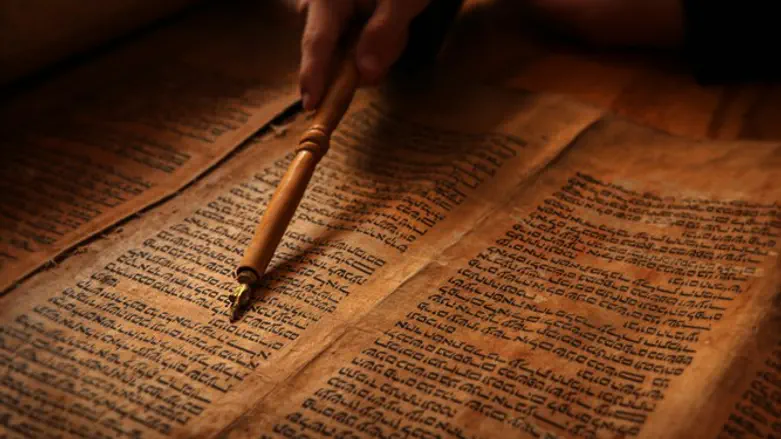
Those who acquire slaves, acquire masters for themselves.
That is how the Talmud explains the concept of the ‘eved ivri’, the Hebrew slave which is referred to in parashat Behar. Actually, such a person was far from being a slave – he was more like a daytime worker with many privileges. Parashat Behar gives us a mitzvah relating to the ‘yovel’, the jubilee year, ‘ukratem dror’ you must proclaim liberty for every person in the land. It was a year through which the people were going to experience their freedom, and as a result they needed to free their slaves. Rashi explains that this even included a slave who had not yet served the regular six years. It also included one who had elected to stay on beyond six years! All slaves had to be freed.
The Pnei Yehoshua gives a beautiful perush. He tells us that in order to experience and appreciate our freedom, we needed to give freedom to others. You can only truly value freedom for yourself if you value the freedom that others are entitled to.
We find the same principle in other areas of human activity. For example with regard to the concept of honour, in Pirkei Avot the question is asked “eizehu mechubad”, who is an honourable person? And the answer is “hamechabd et habriyot” – it’s somebody who honours others. You are the most honourable person if you respect the honour that’s due to other people.
Perhaps the finest example of all comes from the name ‘Moshe’. Why was Moses given that name? The Torah says “Ki min ha’mayim meshitiyhu”, it is because he was drawn out of water – Pharaoh’s daughter saved his life, when as a baby he was taken from the waters of the Nile. But in that case, his name should have been ‘Mashui’ – ‘the one who was drawn’. ‘Moshe’ means the one who draws others out! This indicates that Moshe would receive inspiration from his own experiences having been drawn out but also devote his life to draw others out of water and out of trouble. This is what inspired him to lead our people through the waters of the Red Sea and also to draw water out of a rock for the people to drink.
He felt that he had been saved only so that he might use his capacity to save the lives of others.
Therefore we learn that you are truly free if you give freedom to others. You are only truly honourable if you honour others. You can only truly experience and appreciate life if you give life to others. Therefore what defines us as human beings is not so much what we have, but rather what we give to the world around us.
Shabbat Shalom.
